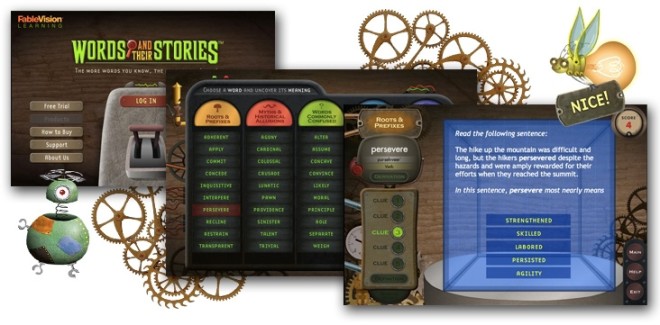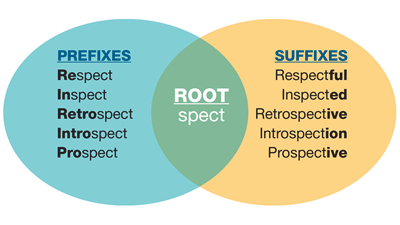History:
Seventh Grade: Late Renaissance/Early Modern 1600-1850
(links to my Amazon Affiliate)
Eighth Grade: Modern, 1850 – Present
Reading:
I like to read (either with my kids or have them read) some of the great classics that are from the same time period as the history we are studying.
7th Grade Reading Choices:
( all links go to my affiliate account with Amazon:)
A Christmas Carol, Charles Dickens
Don Quixote (Oxford Illustrated Classics for youth)
Gulliver’s Travels “A Voyage to Lilliput”
The Pilgrim’s Progress (Illustrated and retold)
“The Legend of Sleepy Hollow” Washington Irving
“The Rime of the Ancient Mariner” Samuel Taylor Coolridge,
8th Grade Reading Choices:
(links to my affiliate account with Amazon)
The Importance of Being Ernest
Poems of Henry Wadsworth Longfellow
Science:
I have used both of these options, both online. Links to Homeschool-buyers Co-op.
PLATO science for Middle School is available at the homeschool co-op for a reasonable price.
Adaptive Curriculum is an online program that is innovative and fun to use.
Adaptive Curriculum has Activity Objects Lessons, which are interactive and have great graphics–they are very visual. You can get a subscription to Middle School or High School Math and Science. We have used all of them. My son asks to start the day with these. I think you will like them as well, and may want to follow along. One of the best things to come out of the internet is this new way of teaching. No more boring lectures and textbooks. This is great for all and especially good for those with dyslexia that see the whole picture. Try it out.
Grammar and Writing:
(links to my affiliate account with Amazon:)
Easy Grammar I love these simple workbooks. I usually assign about 5 pages at a time. I get the teacher’s edition that has the answers on the other side of each workbook page.
Easy Writing is a workbook that helps your student learn correct grammar within writing. I even learned new things with this book. Loved it.
Vocabulary:
A game-like experience leads students through clues for each word. Rather than relying on rote memorization, students must apply etymology and critical thinking skills in a sequential, inductive process to unravel and understand each word’s definition.
- First: An illustrative story of the derivation of each word
- Clue #1: Applying information contained in the derivation
- Clue #2: Drawing upon prior knowledge
- Clue #3: Inferring meaning from context
- Clue #4: Completing an analogy
- Clue #5: Analyzing context to complete a sentence



